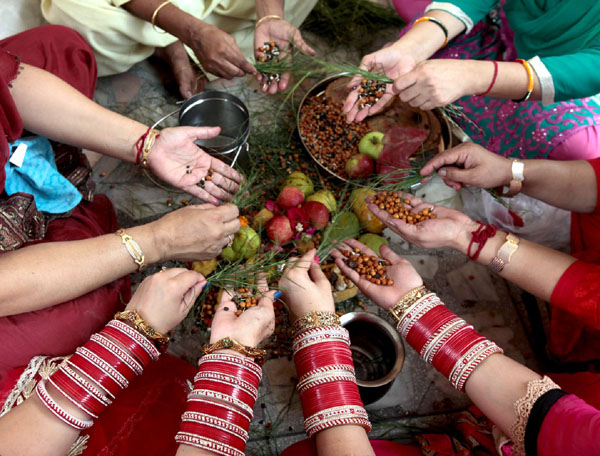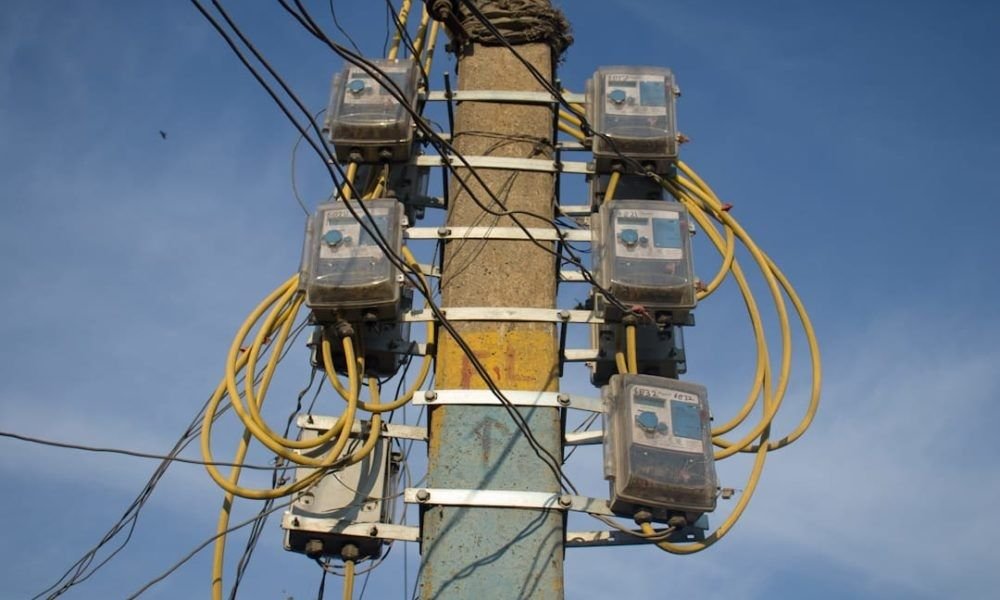The Dogra community of Jammu celebrates Bacch Dua, a traditional Hindu festival deeply rooted in maternal love, devotion, and cultural pride. More than a religious ritual, Bacch Dua is an occasion of family reunion, cultural rejuvenation, and honoring the sacred bond between mother and child.
The Meaning and Significance of Bacch Dua
Bacch Dua, also known as Govatsa Dwadashi, is observed primarily by Dogra Hindu mothers who fast and perform sacred rituals for the long life, health, and prosperity of their children. The festival blends spirituality with social unity, symbolizing gratitude towards the cow, revered as a motherly figure in Hindu tradition.
Women gather at temples, offering sweet rotis known as rutt, soaked chana, turmeric, and other sacred items. These offerings are later distributed as Prasad, reinforcing the sense of family and community.
The Legend Behind Bacch Dua
According to folklore, a miscommunication between a mother-in-law and her daughter-in-law once led to a tragic mistake. The young bride misunderstood her mother-in-law’s words and cooked Bachh (a male calf) instead of Machh (fish). Filled with remorse, both women prayed earnestly to God, asking for forgiveness and the revival of the calf before the mother cow returned. Their prayers were answered, and the calf was restored to life.
Since then, women celebrate Bacch Dua to honor the sanctity of life, with a male child symbolically representing the calf in rituals.
According to another legend, from the great churning of the ocean (Samudramanthan) five wish-fulfilling cows (Kamadhenus) emerged. Among these five wish-fulfilling cows, a divine cow Nanda had also emerged. This vowed religious observance is performed to worship this divine cow Nanda.
Read also: Dogra Soldiers in the First World War
Traditional Rituals and Observances in Jammu Region
- Fasting Mothers: Women observe a fast, consuming only one meal during the day.
- Temple Visit: Mothers visit temples in groups, guided by elder women, to perform the customary rituals.
- Offerings: Sweet rotis (rutt), soaked chickpeas, and turmeric are offered as prayers for children’s well-being.
- Prasad Distribution: The sacred food is later shared with family members, symbolizing blessings and prosperity.
- Restrictions in Meal: During the vrat, cow milk, milk-based dishes, and fried items like bhujia and pakodi are avoided.
Cow Worship in Bacch Dua
The cow holds a divine position in Hindu culture and is revered as Gau Mata. Bacch Dua emphasizes the Vedic principle that where cows are protected and nurtured, society flourishes with prosperity and peace.
Bacch Dua is one of the few folk festivals that reflects the unique identity of Dogra culture. Beyond rituals, it serves as an occasion for social bonding and cultural pride. The festival highlights the universal values of maternal love, reverence for life, and gratitude, values that remain relevant across generations.
Amid rapid urbanization and globalization, Bacch Dua stands as a reminder of Jammu’s rural roots and ancestral wisdom. It connects the present generation to their heritage, ensuring that traditions of compassion, family unity, and respect for nature continue to thrive.
Read also: Basoa (Baisakhi) – Rediscovering the Ancient Dogra Calendar
Bacch Dua is more than a local ritual—it is a timeless celebration of love and gratitude. It underscores the message that maternal affection transcends species and cultures, making it a festival of universal human values. In today’s fast-changing world, Bacch Dua offers stability, continuity, and the reassurance that traditions will always anchor society in love and compassion.
















